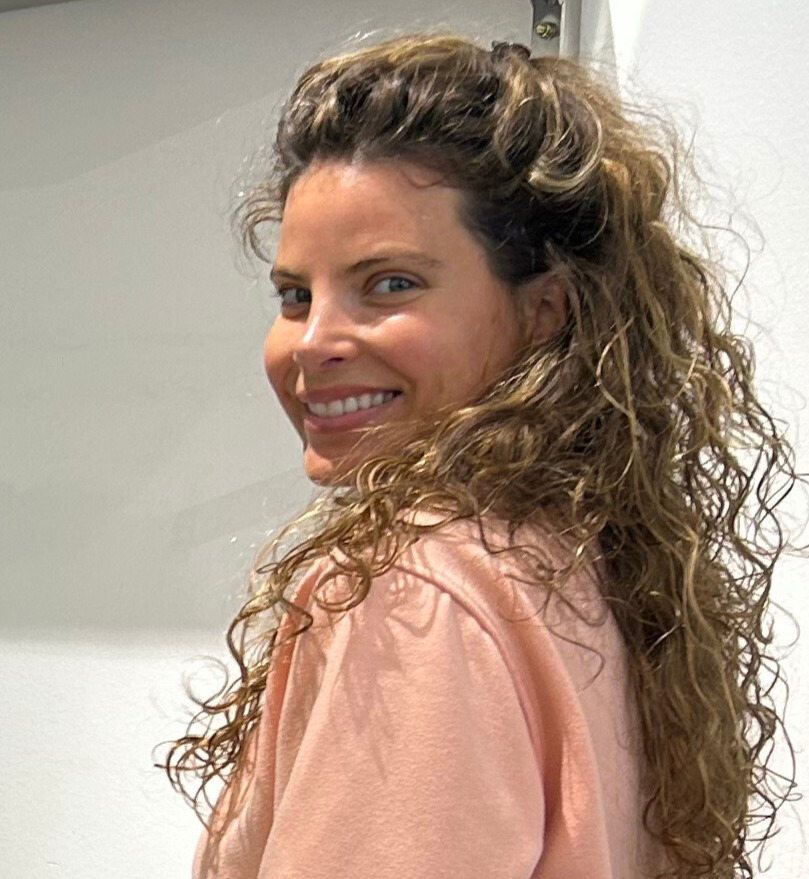Hello Lucas, thank you for having me! Before we start the interview, I'd like to briefly set the scene for our readers. Can you introduce yourself and tell us a few words about Fashion Factory?
Hello Alisée! Of course. I'm a project manager, specifically in charge of software and digital transition for the Giraudi Group.
The Giraudi Group currently has three main areas of activity: Importing prestige meats (Europe's leading importer of Kobe beef and a pioneer in importing top-of-the-range American beef products into Europe), luxury catering in Monaco and internationally, notably through the Beefbar and Zeffirino franchises, and finally destocking top-of-the-range clothing, with the Fashion Factory company.
The Giraudi Group
Fashion Factory specialises in the resale of end-of-collection items to a varied network of retailers. These items can be found on well-known platforms such as VeePee, as well as in more specialised channels.
Fashion Factory's business model is based on managing a large number of items from a limited stock, which requires highly specific management tools. Based in Monaco, Fashion Factory sells its products throughout the world and is looking to continue its expansion by equipping itself with the appropriate management tools combined with multiple digital sales channels.
This expansion is based on the implementation of a solid technical infrastructure (with a nod to Inforca), which enables Fashion Factory to efficiently distribute its catalogues and references across different channels.
In short, Fashion Factory is a major player in luxury clothing destocking, with a clear ambition to strengthen its presence on the digital market.
Fashion Factory
Thank you for that insight. Now that we've set the scene, let's talk a little about the project we've been working on with you for almost a year. What was the main challenge you wanted to solve by calling on us, and why was this challenge important to Fashion Factory?
The main challenge was to carry out Fashion Factory's digital transformation and equip the company with the right digital tools. There were multiple objectives:
- to maintain existing processes
- modernise them with more flexible tools
- to use this work to reach out to new fashion-related activities, particularly via new sales channels
- to integrate these new tools with customers' or suppliers' back-office systems in the future.
At the outset, Fashion Factory used more traditional tools that have enabled it to expand. Today, management wants to bring in a suite of modern tools, while retaining the specificity of its working model.
It's true that there's a lot of talk about digital transition and modernisation, but we mustn't forget that a process that works, even if it's dated, deserves to be exploited to the full before being replaced.
That was the main challenge when we called on Inforca. I set up a clear framework for the project with your teams, and we discussed it in advance before meeting the Fashion Factory managers. More broadly speaking, this issue of digital transition is also relevant to the Giraudi Group, because we have different activities.
So what we're doing with Fashion Factory is part of a more global approach within the group. It really was the right time to undertake this transformation.
And to take up this challenge, what specific solutions have we put in place to meet your needs, and how did these solutions stand out from other approaches?
The difference between a public institution, where everything is highly regulated, and an SME (which we are) lies in the flexibility required to adapt to changes in the business. In an SME, you can't rely on an immutable framework, because the business evolves, and it's vital to adapt to it without disrupting established working methods too much.
The main challenge for Fashion Factory was to find a technical service provider who understood not only the business and its challenges, but also why certain existing processes needed to evolve without being abandoned.
A company's strength lies not only in what it sells, but also in the way it approaches its activities and the processes it puts in place.
Even if certain methods and uses of digital tools were dated, they reflected an intelligence and know-how that it was important to preserve, while modernising them.
Another major challenge was to understand Fashion Factory's specific needs and to create the conditions for dialogue that would enable these needs to be clearly defined and framed. Next, we had to propose an appropriate working method so as never to lose the teams along the way. Yohann (Inforca) and I had a good understanding of each other. But it was essential to ensure that everyone we spoke to, even those without a strong digital background, could follow and understand the proposals.
Empathy was fundamental. Some things that may seem obvious to IT specialists or project managers are not necessarily so to others, and vice versa. So we had to be able to understand and respect the essence of the processes in place, while at the same time introducing innovations using new digital tools.
This approach was particularly appreciated by Alberto Rossi, the director of Fashion Factory.
Yohann and his team were able to establish a dialogue right from the start. They were very good listeners and didn't hesitate to visit the site several times to understand how the warehouse worked and the company's specific needs.
This really made the difference compared with other agencies, which often simply offer a standard solution, without taking the time to adapt their approach to the customer's specific needs. This willingness to personalise and listen was essential in responding effectively to Fashion Factory's needs.
Interview by Alisée, Digital Development and Events Manager at Inforca, with Lucas Pieroni, Project Manager at the Giraudi Group.




